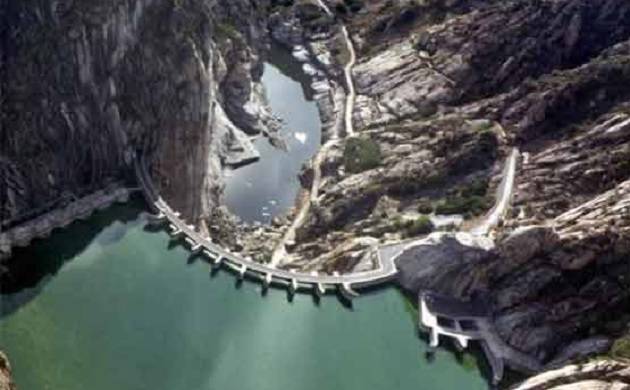
Washington: As Indian Prime Minister Narendra Modi moves to formally open the disputed Kishanganga dam project, Pakistan seems to have missed a chance to get World Bank to intervene.
Pakistan’s request to World Bank (WB) for a meeting in this regard, hasn’t received any response, reported Dawn.
Reportedly, the government wants to send a high-powered delegation headed by Attorney General Ashtar Ausaf Ali to Washington to meet WB President Jim Yong Kim and share its worries about the Kishanganga dam project.
Although, WB is said to have accepted the proposal officials from the Washington-based lender said they were trying to find a suitable time for the meeting due to Mr Kim’s busy schedule.
Last month, according to a report in a leading national daily, the World Bank in an emailed response to a query about this issue said Indus Water Treaty was a seriously significant international agreement which gives an important cooperative framework for Pakistan and India to tackle present and future challenges of effective water management for meeting human requirements and attain development goals.
The Washington-based lender had started the engagement process in late-2016 to bridge differences between both countries regarding water infrastructure projects following in tandem the directives of the Indus Water Treaty.
The engagement process remained stalled and uncompleted.
The source added due to a deadlock regarding bridging of differences on the dispute resolution mechanism, India had forged ahead and finished the Kishanganga Hydropower project.
Due to the mediation process lacking in a time-bound approximation, the problem has prolonged without any major progress.
He noted the present process which included execution of Indus Waters Treaty between Pakistan and India was impeded since late-2016 and there was no scope of a resolution considering the continuing differences on dispute resolution mechanism between the two countries.






